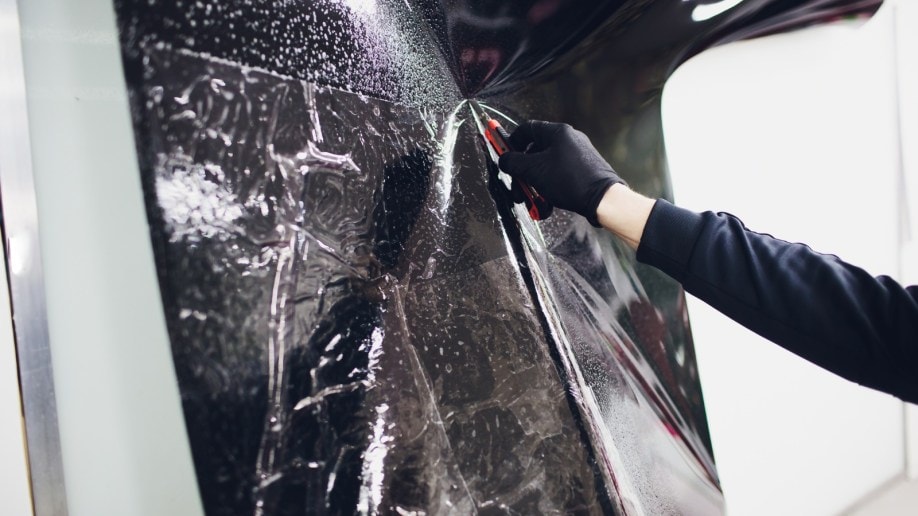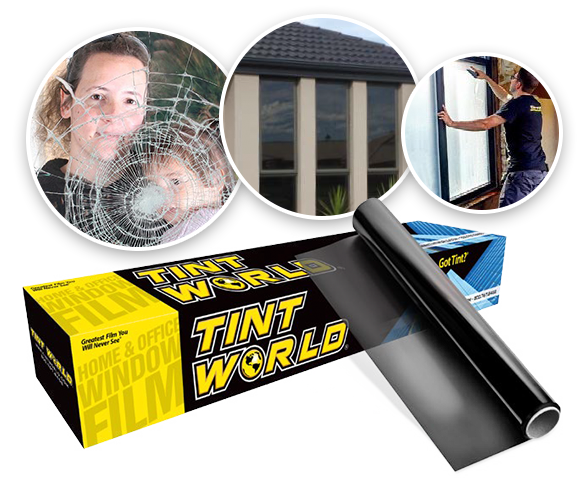Customized Automobile Window Tinting Providers for a Streamlined and Stylish Look
Wiki Article
Window Tinting Laws and Standards: What You Required to Know Prior To Tinting Your Car
Before proceeding with window tinting for your lorry, it is vital to acquaint yourself with the varied laws and guidelines that govern this technique throughout different states. These guidelines dictate the allowable levels of color darkness, often gauged by noticeable light transmission (VLT) portions, and consist of particular terms for front windscreens aimed at ensuring road security. Furthermore, certain jurisdictions may provide clinical exemptions for people with certifying problems. Recognizing these complexities can conserve you from possible lawful ramifications, but what are the certain guidelines in your state?Summary of Window Tinting Laws
Home window tinting regulations are frequently subject to variation across various territories, showing neighborhood policies and security considerations. These regulations determine the allowable degrees of color darkness and reflectiveness on automobile windows, making sure that vehicle drivers keep adequate presence while additionally safeguarding against hazardous UV rays and warm.The majority of guidelines classify home window tinting based upon the Visible Light Transmission (VLT) percent, which suggests the amount of light that can travel through the window. Generally, reduced VLT percents represent darker tints. Regulations commonly separate between the front, side, and back windows, with more stringent limitations put on the front windscreen to improve safety and security for both the motorist and various other roadway customers.
Furthermore, some jurisdictions impose constraints on the reflectivity of the tint, protecting against extreme glow that could harm exposure. Exceptions to these legislations might exist for people with specific clinical conditions needing additional sun defense. Compliance with window tinting laws is crucial, as violations can lead to penalties, compulsory removal of the tint, and possible rises in insurance costs. Therefore, it is necessary for lorry owners to familiarize themselves with neighborhood laws before proceeding with window tinting setups.
State-by-State Tint Rules
Understanding the details home window tinting regulations in each state is essential for car owners seeking to comply with the regulation. Each state in the U.S. has developed its own set of rules controling home window tinting, which can differ significantly. These guidelines often dictate the permitted levels of color darkness, the kinds of home windows that can be tinted, and any kind of clinical exceptions that might use.For circumstances, states like California have strict constraints on tint darkness for front home windows, while others, such as New Mexico, might allow darker colors. Additionally, particular states mandate certain exposure portions for various windows, consisting of the windshield, front side home windows, and back windows. It is vital for cars and truck owners to familiarize themselves with their state's regulations to stay clear of prospective fines or fines.
Moreover, some states may require an accreditation sticker to be placed on colored home windows, showing conformity with state laws. Failure to stick to these regulations not only risks legal repercussions but can additionally influence security and exposure while driving. Lorry owners should perform thorough research study or seek advice from neighborhood authorities to make certain full understanding and conformity with state-by-state tint regulations.
Allowed Tint Degrees and Kinds
Many lorry proprietors may be shocked to find out that enabled color degrees and kinds vary commonly throughout various states. Each state has developed its own guidelines pertaining to the permissible darkness and reflectivity of window color, frequently measured by Visible Light Transmission (VLT) portions. VLT refers to the amount of light that can pass with the tinted home windows; therefore, a reduced percentage shows a darker tint.
Additionally, the sorts of color products permitted can differ, with some states prohibiting mirror-like or metal finishes. It is necessary for automobile owners to acquaint themselves with their state's details laws to guarantee compliance. Non-compliance can cause fines, necessary check over here removal of the tint, or various other legal repercussions, making it essential to understand these laws prior to proceeding with setup.
Medical Exceptions for Tinting
While not all states give allowances for medical exemptions relating to home window tinting, those that do identify the requirement for particular individuals to boost presence and Recommended Reading comfort due to clinical problems. Various clinical problems, such as lupus, skin cancer, and certain eye conditions, can render individuals specifically sensitive to sunlight. These individuals might call for darker tints to protect themselves from hazardous UV rays and glow.
It is important to keep in mind that despite having a medical exception, there might still be restrictions on the degree of tint enabled. Compliance with state laws makes certain that people are both protected and within lawful restrictions. Those taking into consideration clinical exemptions must contact their local Department of Electric motor Vehicles or comparable authority to recognize the requirements and procedures required to request an exemption properly.
Penalties for Non-Compliance
Failing to abide with home window tinting regulations can bring about significant charges, which vary by state. Legislation enforcement companies are equipped to issue citations for lorries that do not stick to the defined tinting policies. These penalties normally include fines, which can vary from small total up to several hundred dollars, depending upon the seriousness of the offense and the state concerned.In some territories, repeated offenses may lead to escalating penalties or added fines, such as mandatory court appearances. Non-compliance might necessitate the removal of illegal tinting, often at the owner's expense. In severe instances, habitual wrongdoers may deal with suspension of their car enrollment until compliance is attained.
Additionally, insurance coverage implications might develop from obtaining numerous citations for home window tint violations. Insurance companies may see such infractions as a sign of riskier actions, possibly resulting in enhanced premiums or problem in protection.
To stay clear of these charges, it is find here crucial for lorry proprietors to familiarize themselves with their regional window tinting legislations and guarantee that their lorry complies (Window Tinting). This positive method not only avoids legal ramifications yet likewise advertises road safety
Conclusion

Most policies identify window tinting based on the Visible Light Transmission (VLT) portion, which suggests the quantity of light that can pass through the window. Compliance with home window tinting guidelines is important, as violations can result in fines, obligatory elimination of the color, and potential increases in insurance coverage costs.Understanding the specific window tinting guidelines in each state is essential for lorry proprietors seeking to conform with the regulation. These policies often dictate the allowable degrees of tint darkness, the types of windows that can be tinted, and any kind of medical exemptions that may apply.
For circumstances, states like The golden state have rigorous limitations on tint darkness for front home windows, while others, such as New Mexico, might enable darker colors.
Report this wiki page